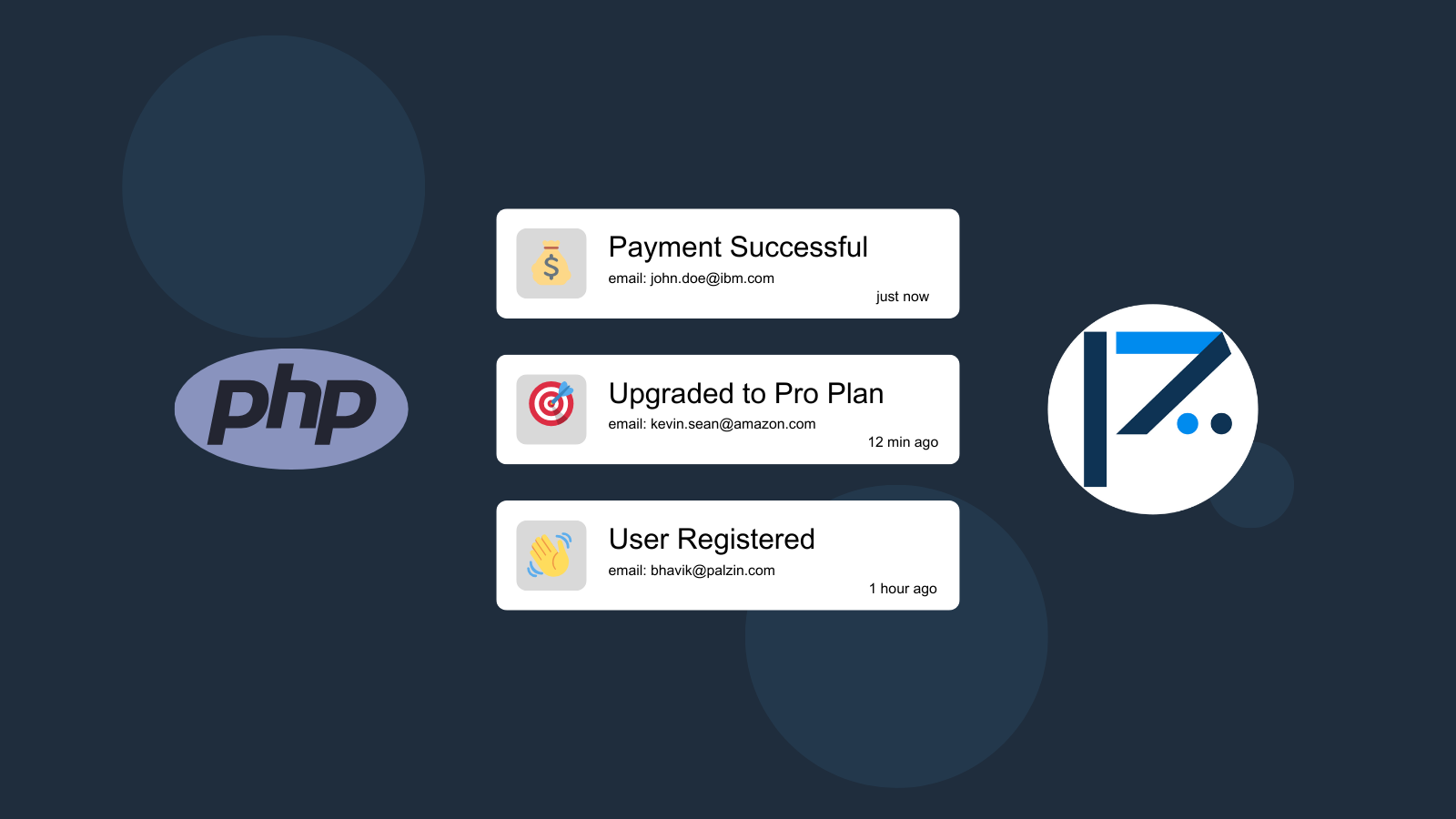
Redis is a versatile in-memory data structure store that serves various purposes, including acting as a database, cache, and message broker. At Palzin Track, we frequently employ Redis in our backend services, using it as our primary cache layer to enhance the performance of compute-intensive workloads.
Nonetheless, like any service, Redis is susceptible to downtime and outages due to numerous factors, such as network issues, hardware failures, and human errors. In many instances, Redis downtime can be a critical problem, leading to performance degradation or complete service disruptions. These issues can result in a subpar user experience and potential revenue loss.
Consequently, monitoring Redis downtime within your application becomes crucial to ensure uninterrupted user experiences. Fortunately, Palzin Track simplifies the process of tracking these events, making it effortless for our team to keep an eye on Redis downtime.
With Palzin Track, we can seamlessly monitor Redis and other services in our application. We achieve this by closely monitoring the status of our Redis connection within the application. If the service experiences downtime, we promptly trigger an event in Palzin Track. This ensures that our team receives instant notifications when Redis encounters downtime, enabling us to take immediate corrective actions.
To track your Redis downtime, you can use the following code snippet Please don't forget to replace the YOUR_API_TOKEN with your API token and update the project and channel names.
Using PHP with cURL
<?php
$curl = curl_init();
curl_setopt_array($curl, array(
CURLOPT_URL => 'https://api.palzin.live/v1/log',
CURLOPT_RETURNTRANSFER => true,
CURLOPT_ENCODING => '',
CURLOPT_MAXREDIRS => 10,
CURLOPT_TIMEOUT => 0,
CURLOPT_FOLLOWLOCATION => true,
CURLOPT_HTTP_VERSION => CURL_HTTP_VERSION_1_1,
CURLOPT_CUSTOMREQUEST => 'POST',
CURLOPT_POSTFIELDS =>'{"project":"my-project","channel":"status","event":"Redis is down","description":"Redis has been down for the last 5 minutes","icon":"🚨","notify":true}',
CURLOPT_HTTPHEADER => array(
'Content-Type: application/json',
'Authorization: Bearer YOUR_API_TOKEN'
),
));
$response = curl_exec($curl);
curl_close($curl);
echo $response;
Using PHP with Guzzle
<?php
$client = new Client();
$headers = \[
'Content-Type' => 'application/json',
'Authorization' => 'Bearer YOUR_API_TOKEN'
\];
$body = '{
"project": "my-project",
"channel": "status",
"event": "Redis is down",
"description": "Redis has been down for the last 5 minutes",
"icon": "🚨",
"notify": true
}';
$request = new Request('POST', 'https://api.palzin.live/v1/log', $headers, $body);
$res = $client->sendAsync($request)->wait();
echo $res->getBody();
Using PHP with HTTP_Request2
<?php
require_once 'HTTP/Request2.php';
$request = new HTTP_Request2();
$request->setUrl('https://api.palzin.live/v1/log');
$request->setMethod(HTTP_Request2::METHOD_POST);
$request->setConfig(array(
'follow_redirects' => TRUE
));
$request->setHeader(array(
'Content-Type' => 'application/json',
'Authorization' => 'Bearer YOUR_API_TOKEN'
));
$request->setBody('{"project":"my-project","channel":"status","event":"Redis is down","description":"Redis has been down for the last 5 minutes","icon":"🚨","notify":true}');
try {
$response = $request->send();
if ($response->getStatus() == 200) {
echo $response->getBody();
}
else {
echo 'Unexpected HTTP status: ' . $response->getStatus() . ' ' .
$response->getReasonPhrase();
}
}
catch(HTTP_Request2_Exception $e) {
echo 'Error: ' . $e->getMessage();
}
Using PHP with pecl_http
<?php
$client = new http\Client;
$request = new http\Client\Request;
$request->setRequestUrl('https://api.palzin.live/v1/log');
$request->setRequestMethod('POST');
$body = new http\Message\Body;
$body->append('{"project":"my-project","channel":"status","event":"Redis is down","description":"Redis has been down for the last 5 minutes","icon":"🚨","notify":true}');
$request->setBody($body);
$request->setOptions(array());
$request->setHeaders(array(
'Content-Type' => 'application/json',
'Authorization' => 'Bearer YOUR_API_TOKEN'
));
$client->enqueue($request)->send();
$response = $client->getResponse();
echo $response->getBody();
Palzin Track is a powerful, real-time event tracking tool that works seamlessly with PHP. With Palzin Track, you can set up event tracking for anything important to your team and monitor them in real-time.
In addition, you can set up custom charts, insights, and dashboards to visualize your data and make it easy to understand. Palzin Track also provides powerful features such as cross-platform push notifications, event filtering, user and product journeys, and more.
Palzin Track provides a generous free plan to get you started with event tracking. You can also check out our pricing page to see our paid plans. So please give us a try and let us know what you think!
Palzin Track reveals the human stories behind your data. Make user-centric decisions that drive growth.